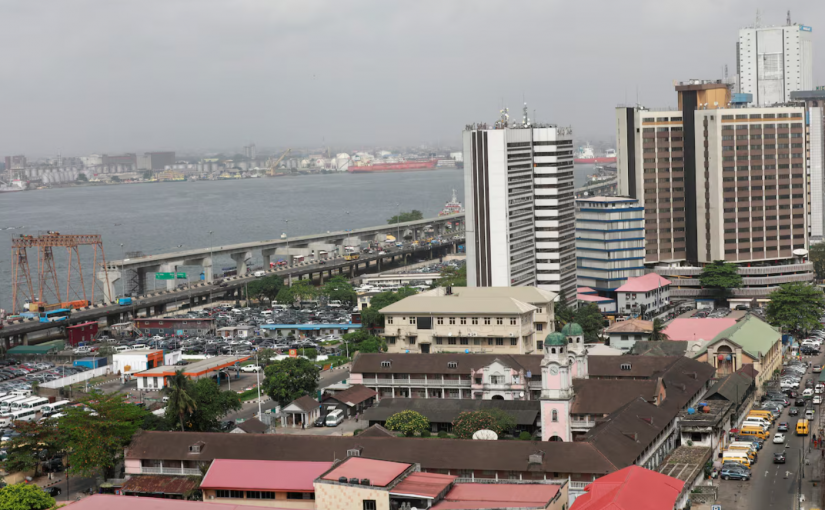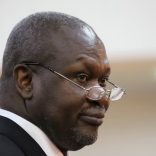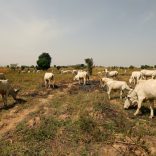World’s oldest president sworn in for eighth term in Cameroon
World Bank raises Sub-Sahara Africa growth forecast on inflation drop

FILE - A view of the central business district is seen from a roof top in Lagos, Nigeria March 16, 2020. [File photo: Reuters/Temilade Adelaja ]
Sub-Saharan African economies are expected to grow by a faster 3.8% this year on the back of stable prices that have spurred easing by policymakers, the World Bank said on Tuesday, and the momentum will increase in the next two years.
The upgrade from 3.5% in April was driven by stabilising foreign exchange and inflation rates in countries like Ethiopia, giving room for interest rate cuts, the bank said in its biannual Africa Pulse report.
“These favourable conditions are fuelling a recovery in private consumption and investment,” the bank said in the report. However, fiscal consolidation efforts could curb the pace of recovery in some economies, the report warned.
Growth will accelerate to an annual average of 4.4% in the next two years, the bank said, slightly up from an initial forecast of 4.3%.
Growth prospects for 30 economies out of the 47 that make up the region as defined by the bank were revised upwards, the report found.
“The median inflation is less than 4%. Moreover, most of the currencies which were cratering relative to the U.S. dollar have now recovered and are stable,” Andrew Dabalen, chief economist for Africa at the World Bank, told a news briefing.
A softer dollar has added to a benign backdrop for emerging markets more widely, with the greenback weakening nearly 10% since the start of the year.
Big economies upgraded
The bank upgraded growth forecasts for Ethiopia, Nigeria and Ivory Coast – all major economies in the region. Real incomes are also growing at a faster rate this year and into the next two years, the World Bank said.
“While this marks a gradual recovery from a decade of successive shocks, the rebound has yet to gain strong momentum,” it said in the report.
The regional economic outlook, however, faces risks from trade uncertainty sparked by the policies of U.S. President Donald Trump, high debt burdens and the need to create jobs for millions of young people coming into the job market.
“Trade challenges remain very high. We don’t know how this is going to be resolved because there are lots of negotiations going on,” Dabalen said, citing the expiry of AGOA, a key trade agreement between the United States and African nations.
Job creation to stave off youth unrest
The World Bank urged governments to focus on the creation of good jobs by improving the general business environment, in order to nurture small and mid-sized firms.
“These jobs have to be jobs that provide a living wage and secure lives,” Dabalen said, adding three quarters of the jobs created in the region’s economies are in the informal sector.
Lack of employment opportunities and other grievances have sparked youth-led protests in Kenya, Nigeria and Madagascar since last year, showing the scale of the challenge for policymakers.
“The consequences of not solving these problems are hard to contemplate. They will be very disruptive and I think we’re beginning to see the signs of it,” Dabalen said.












Leave a Reply
Be the First to Comment!
You must be logged in to post a comment.
You must be logged in to post a comment.